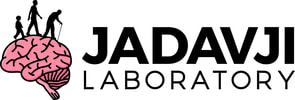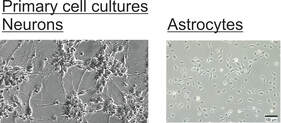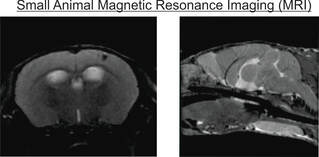Research
According to the United Nations, the majority of the world’s population is growing older, in 2000, 10% of the total population of the world was over 60 years old and is projected to increase to 21% by 2050. The single most important societal threat to the ageing population is the cognitive decline resulting in loss of dignity, independence, and enormous pressure for resources.
The Jadavji Laboratory investigates neurological diseases of aging, such as stroke and dementia. We use an interdisciplinary approach to tackle these complicated human diseases. Using both in vitro and in vivo tools, the Jadavji laboratory will work towards understanding the development and mechanisms associated with diseases of aging. We also investigate comorbidities, interactions with other diseases, and therapeutic options for diseases of aging.
The Jadavji Laboratory investigates neurological diseases of aging, such as stroke and dementia. We use an interdisciplinary approach to tackle these complicated human diseases. Using both in vitro and in vivo tools, the Jadavji laboratory will work towards understanding the development and mechanisms associated with diseases of aging. We also investigate comorbidities, interactions with other diseases, and therapeutic options for diseases of aging.
Models of disease
- Photothrombosis to model ischemic stroke (rodent)
- Chronic hypoperfusion and transgenic mice to model vascular cognitive impairment and dementia, a type of small vessel disease (rodent)
- Paraquat – Parkinson’s disease (rodent)
- Hypoxia in primary neurons and glial cells (rodent and invertebrate models)
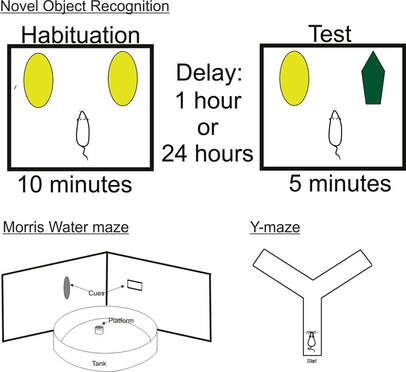
Functional assessments
- Memory Function
- Novel Object Recognition
- Morris water maze
- Y-maze
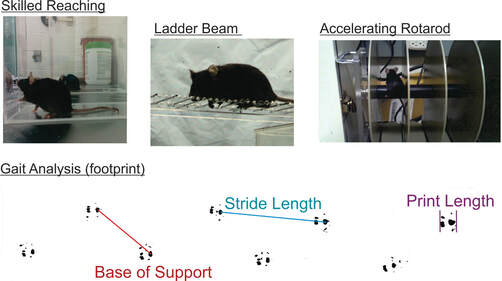
- Motor Function
- Skilled reaching
- Ladder beam walking
- Accelerating rotarod
- Gait analysis (footprint)
